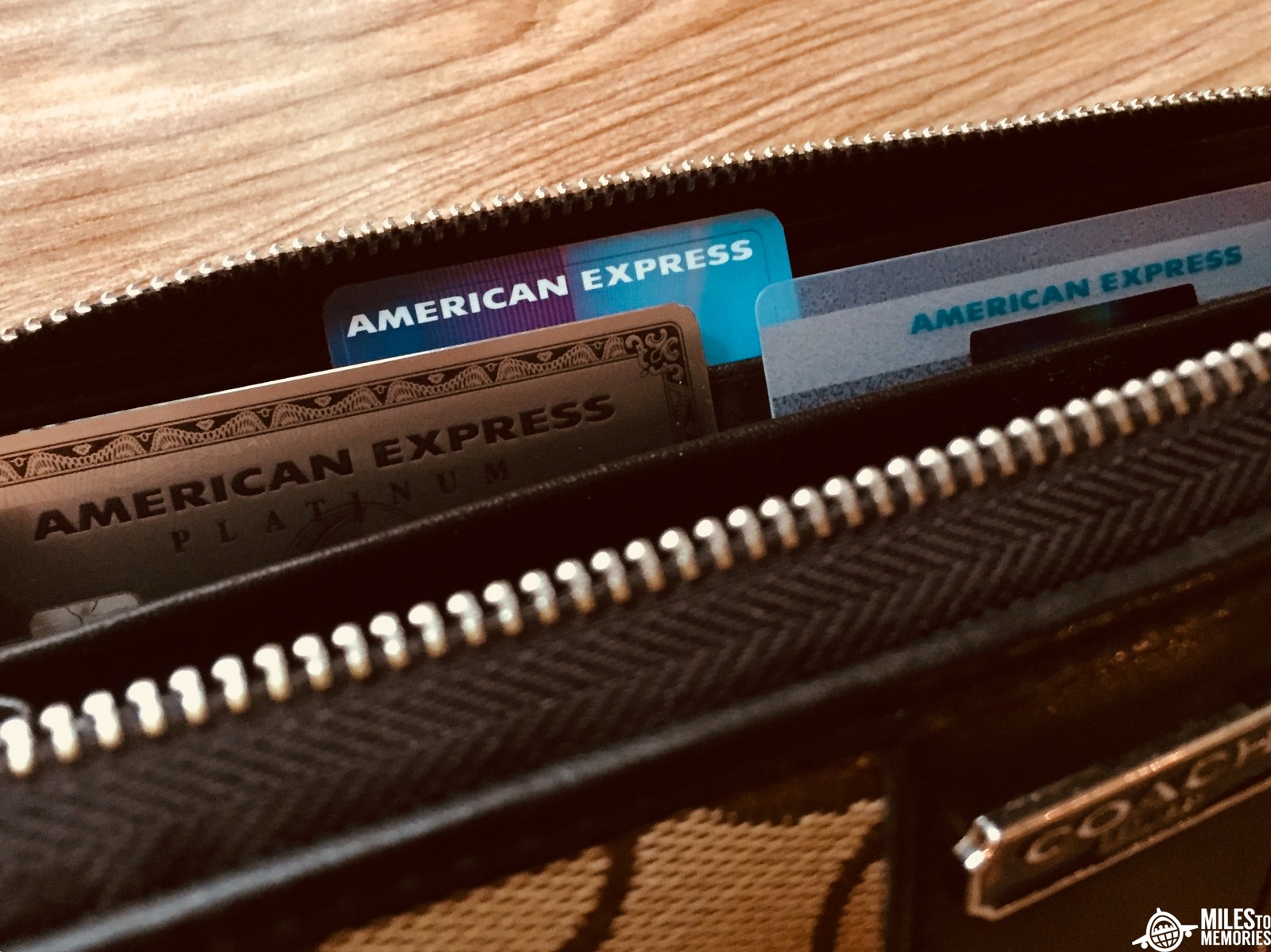
CFPB Going After Credit Card Rewards Programs
The Consumer Financial Protection Bureau (CFPB) is taking aim at illegal credit card practices. In a circular to other law enforcement agencies, the CFPB warned that some credit card companies operating rewards programs may be breaking the law, including by illegally devaluing rewards points and airline miles.
The CFPB also published new research finding that retail credit cards—which typically offer store-specific rewards and loyalty programs—charge significantly higher interest rates than traditional cards. The CFPB further launched a new tool, Explore Credit Cards, to help consumers find the best credit card rates across both rewards cards and traditional cards.
“Large credit card issuers too often play a shell game to lure people into high-cost cards, boosting their own profits while denying consumers the rewards they’ve earned,” said CFPB Director Rohit Chopra. “When credit card issuers promise cashback bonuses or free round-trip airfares, they should actually deliver them. The CFPB is taking aim at bait-and-switch tactics and promoting more competition in credit card markets to protect consumers and give people more choice.”
CFPB’s circular warns that companies may be violating federal law when they:
- Devalue earned rewards: Consumers make decisions on whether to open or use a credit card based on the value of card benefits and rewards conveyed by a company’s advertising and other communications. If the company later deflates the value of a customer’s accrued awards, this may be an unfair or deceptive practice resembling a bait-and-switch scheme.
- Hide the conditions for earning or keeping rewards: Fine print disclaimers or vague terms buried in a contract may unlawfully conflict with prominent promotional language advertising the rewards consumers can earn. Companies may also illegally rely on fine print to cancel valuable rewards that consumers have already earned. If consumers’ receipt of rewards is revoked, canceled, or prevented based on buried or vague conditions, that may be an unfair or deceptive act or practice.
- Fail to deliver promised benefits: Companies operating rewards programs are responsible for ensuring consumers can redeem the rewards they have earned, including coordinating with merchant partners and vendors. If system failures result in consumers losing points when attempting to redeem, this may be considered an unfair or deceptive practice.
The CFPB has taken action against issuers such as American Express and Bank of America in the past for illegal practices related to credit card rewards programs.



The incoming administration has targeted the CFPB for reduction/elimination. We’ll see to what extent consumer advocacy is affected. The good news is that Durban 2 is unlikely to be enacted.